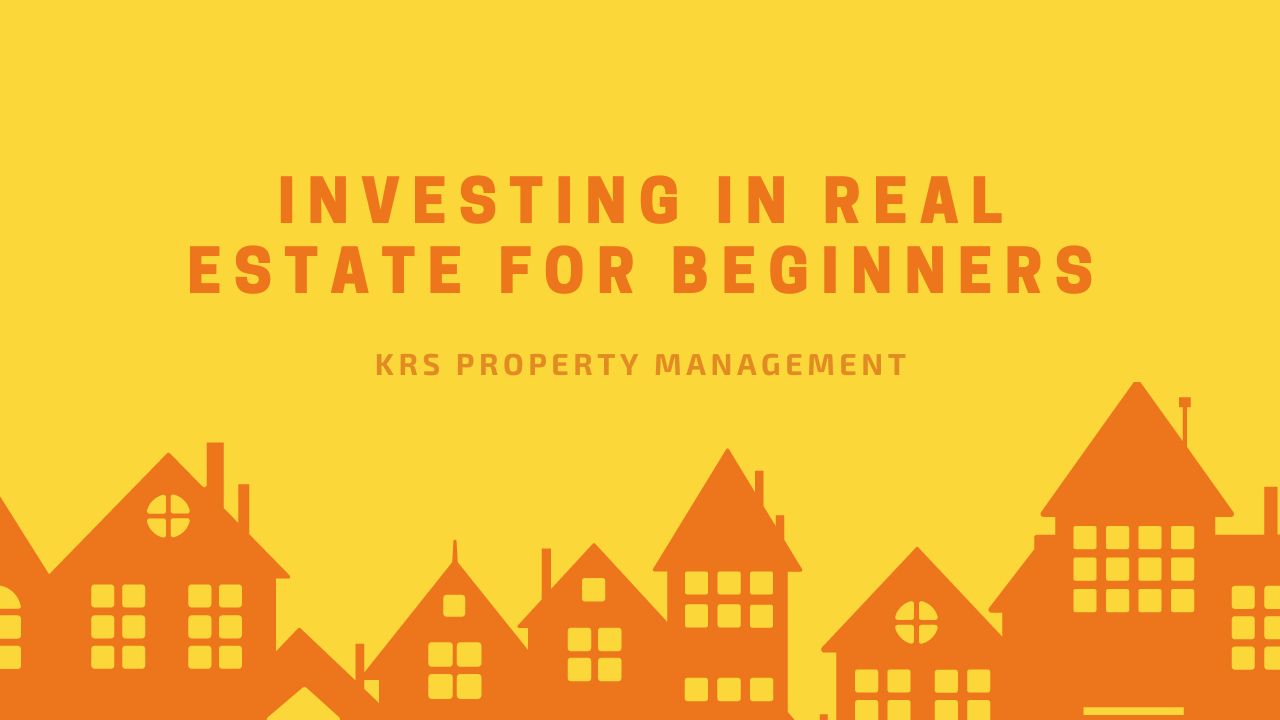
Real estate investment can be an exciting and lucrative venture for beginners looking to build long-term wealth. Plus, some assets, such as rental properties and flipped homes allow investors to earn a great return on their investment in a short time. That’s why so many investors would rather put their money into real estate over the stock market.
Despite its many benefits, real estate investments don’t come without risks. Beginner investors should approach real estate investing with knowledge and caution to minimize risks and maximize their returns. In this guide, we aim to provide newcomers with a comprehensive understanding of real estate investment, including our best strategies for making smart investments.
Ways to Invest in Real Estate
Real estate investment offers various avenues for investors to gain exposure to the market and generate returns. Here are some common ways to invest in real estate:
Rental Properties
Investors can purchase both residential properties and rent them out. Rental income provides a steady cash flow stream, while property appreciation and tax benefits contribute to long-term wealth accumulation.
Fix-and-Flip
Investors can buy distressed properties to renovate or improve them and then sell them for a higher profit. Fix-and-flip investments require careful market analysis, renovation expertise, and an understanding of local real estate trends.

Vacation Rentals
Investing in vacation properties in popular tourist destinations and renting them out on a short-term basis can generate higher rental income. However, it requires active management and marketing efforts.
Commercial Properties
Investors can purchase office buildings, retail centers, or industrial properties and lease them to businesses. Commercial real estate investments offer higher potential returns but may involve higher risks and management requirements.
Real Estate Investment Trusts (REITs)
Two options fall under this category of investments. The first is publicly traded REITs are typically owned and operated income-producing properties such as apartments, malls, and office buildings. They offer liquidity, diversification, and passive income through dividend distributions.
Private REITs or real estate funds, on the other hand, are managed by investment firms or real estate developers. They often offer higher potential returns but also involve higher investment minimums and less liquidity than publicly traded REITs.
Real Estate Crowdfunding
You can invest in real estate projects or properties through online platforms that pool funds from multiple investors which is known as equity crowdfunding. This provides access to a diversified portfolio of real estate assets with lower investment minimums and reduced management responsibilities.
Debt crowdfunding, however, is the act of providing debt financing to real estate developers or property owners through crowdfunding platforms, and you can earn fixed returns through interest payments.

Real Estate Partnerships
There are various kinds of partnerships including:
- Joint Ventures: You can partner with other investors or real estate professionals to pool resources and invest in real estate projects collectively. Joint ventures allow investors to leverage expertise, capital, and resources to pursue larger real estate opportunities.
- Syndications: You can participate in real estate syndications led by experienced sponsors or syndicators who identify, acquire, and manage investment properties on behalf of passive investors.
Exchange-traded Funds (ETFs)
Real estate ETFs track the performance of real estate indices or baskets of real estate-related stocks. These assets offer diversification, liquidity, and exposure to the broader real estate market.
Mutual Funds
Real estate mutual funds are typically managed by professional portfolio managers who allocate capital across various real estate securities, including REITs, real estate stocks, and real estate-related companies. Mutual funds provide diversification and professional management for investors seeking exposure to the real estate sector.
How to Make a Smart Real Estate Investment
Regardless of the investment vehicle chosen, investors need to assess risk-return profiles and align investment decisions with their financial goals. Keep reading to learn what it takes to make a smart real estate investment:
Define Your Investment Criteria
Clearly define your investment criteria based on your financial goals, budget, risk tolerance, and desired timeframe. This will help you determine the type of properties you're interested in and the desired location for your investment.

Conduct Due Diligence
Perform thorough due diligence on potential investment properties, including financial analysis, property inspection, and market research. Evaluate the property's income potential, expenses, cash flow projections, and potential risks.
Secure Financing
Research the types of financing available for your investment property. Compare loan options, interest rates, and terms to find the most favorable financing arrangement. Be prepared to negotiate with sellers, lenders, and other parties involved in the real estate transaction to get the best rates.
Crunch the Numbers
Calculate key financial metrics, such as cap rate, cash-on-cash return, net operating income (NOI), and return on investment (ROI). Take into account closing costs, agent fees, and other unnoticed costs to assess the investment's financial viability and potential returns.
Implement a Property Management Plan
After closing the deal, it’s time to create a comprehensive property management plan for your investment. Whether you’re planning to rent out the property or live in it, you’ll have to take care of property upkeep, repairs, and renovations. If you don’t have time for that, you should consider partnering with a property manager.
Monitor the Performance of Your Investment
To ensure you get a good ROI, you should continuously ask youself important questions while monitoring and evaluating the performance of your investment property against your goals and benchmarks. Track key performance indicators, such as occupancy rates, rental income, expenses, and property appreciation, to identify areas for improvement and optimization.
Bottom Line
Real estate investment offers a wealth of opportunities for beginners seeking to build wealth and achieve financial independence. By understanding the ways you can invest in real estate and following a systematic investment approach, you can make informed decisions and maximize your chances of success in the real estate market.
Are you ready to invest in the Raleigh real estate market? Contact KRS Property Management today! Our team is ready to help you find the perfect property for your investment goals.equity crowdfunding






